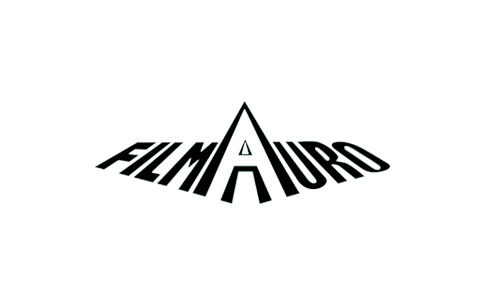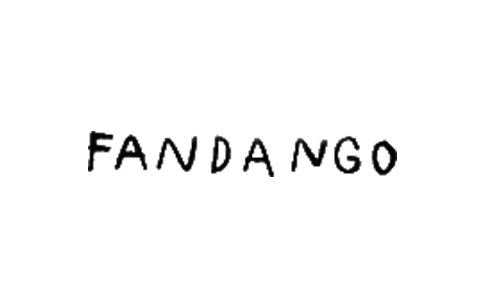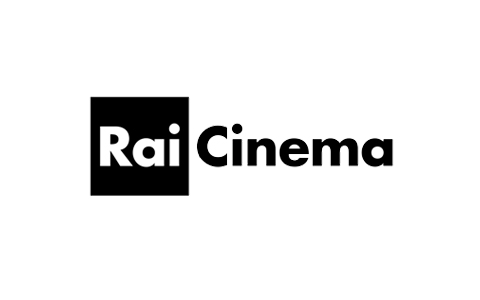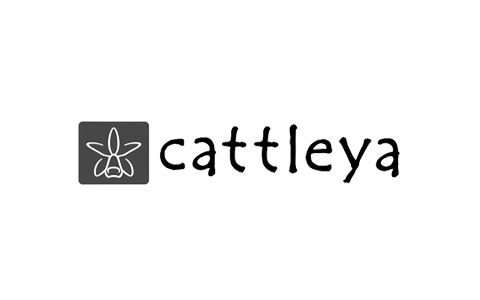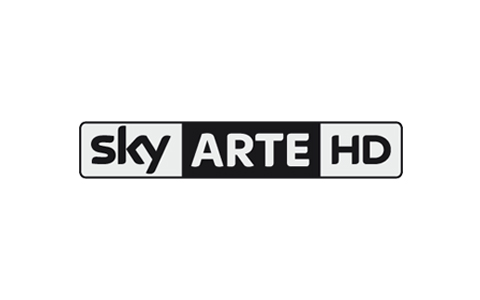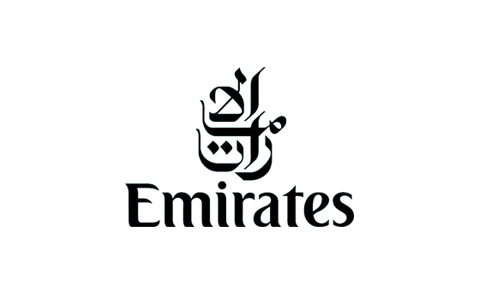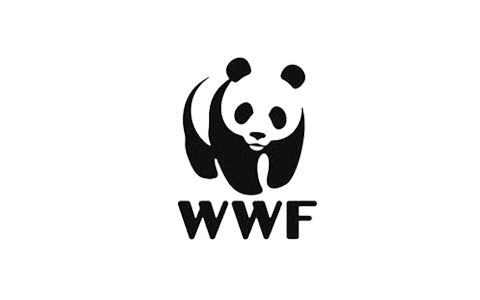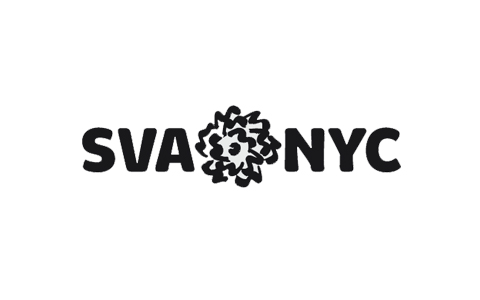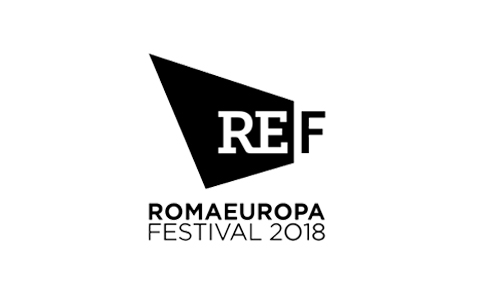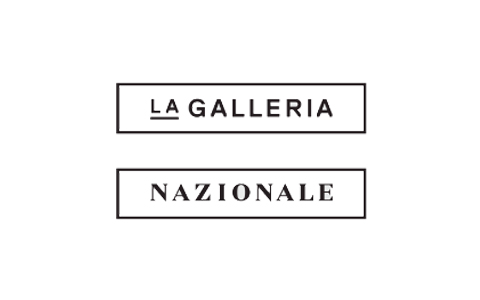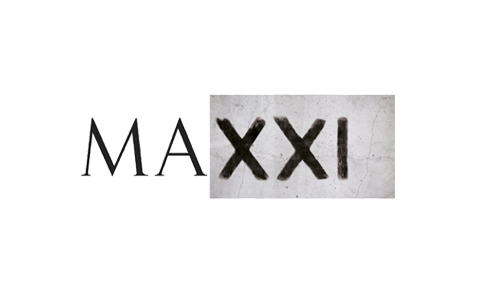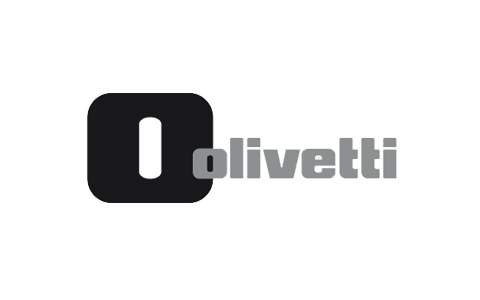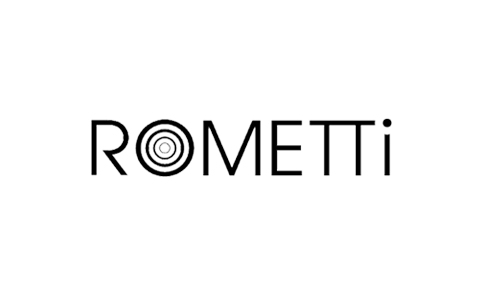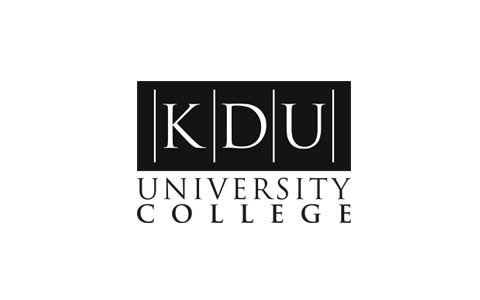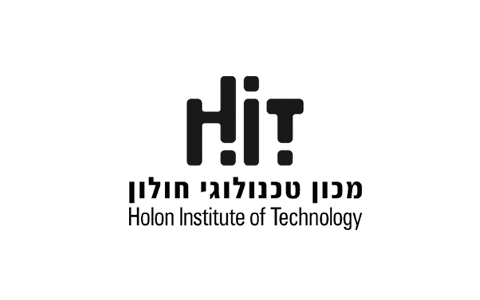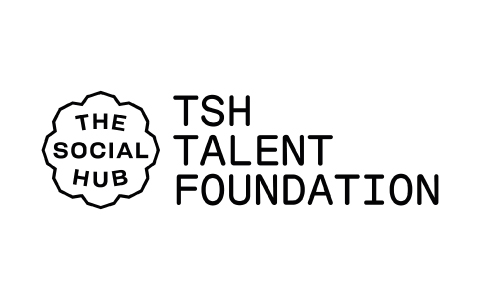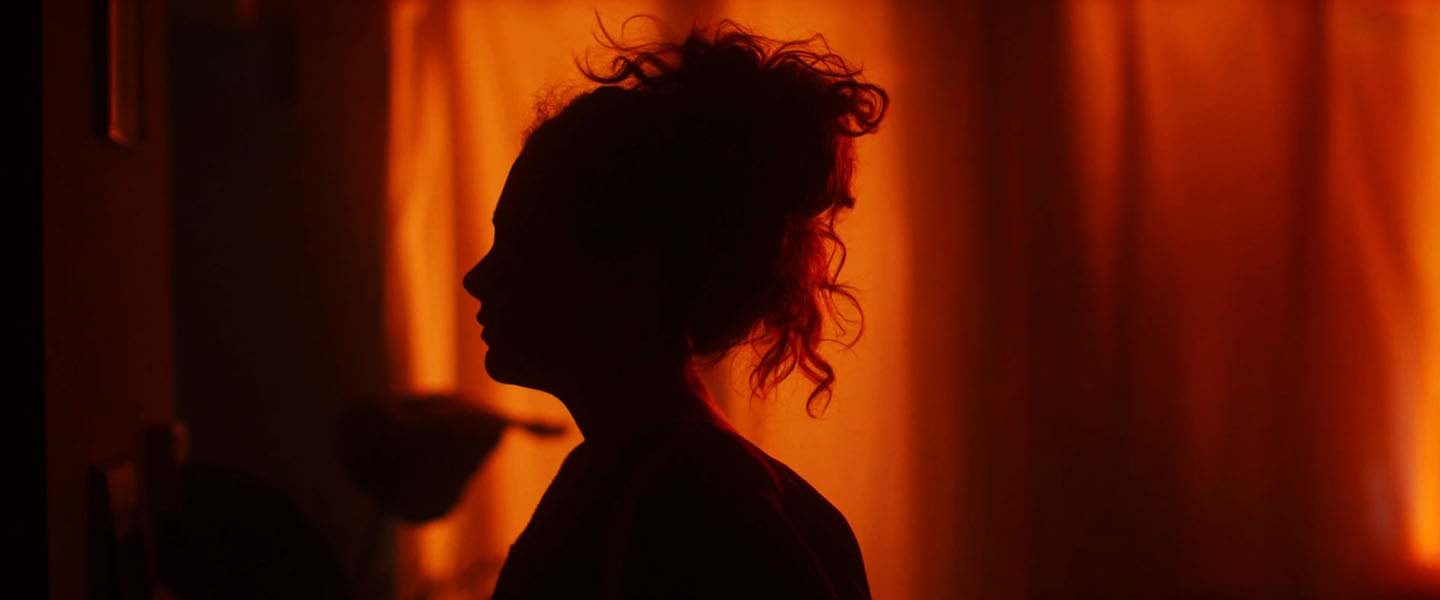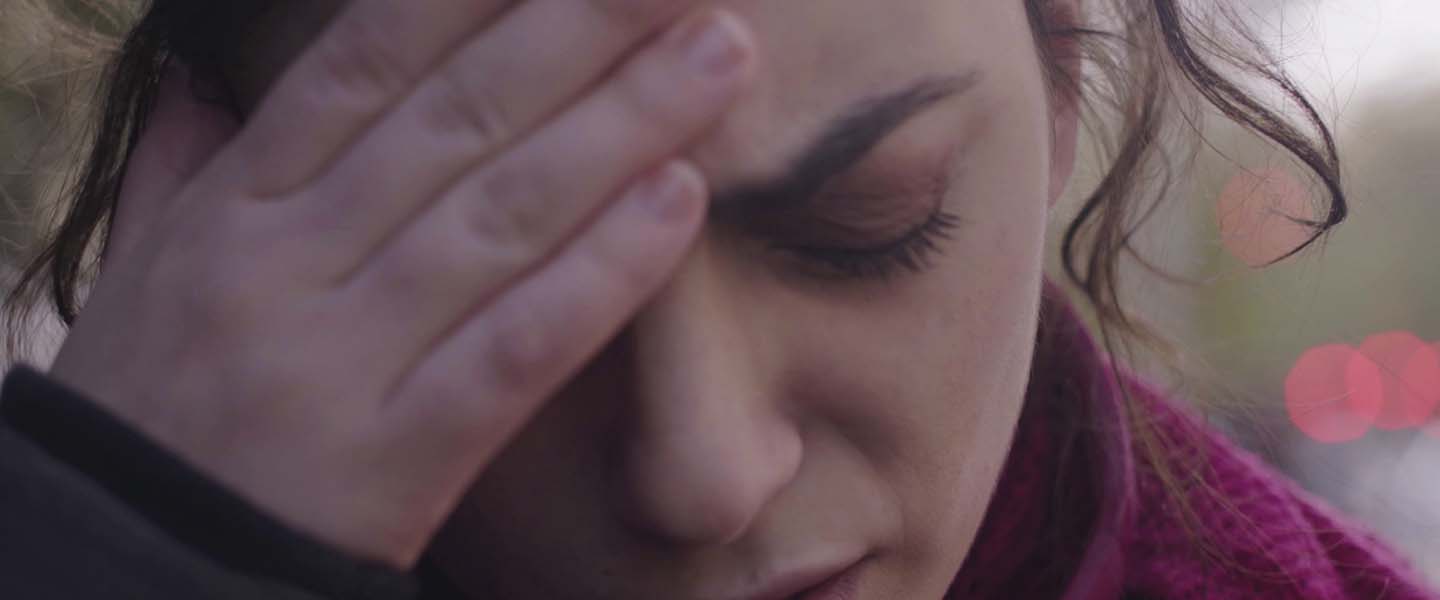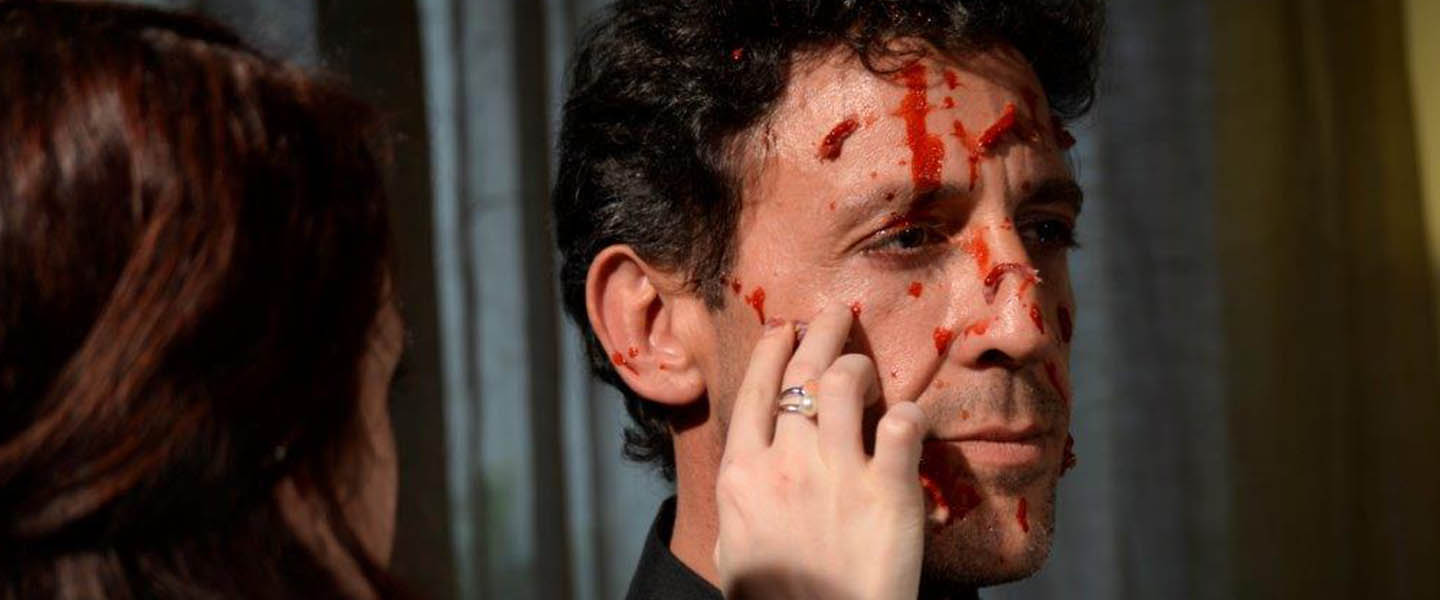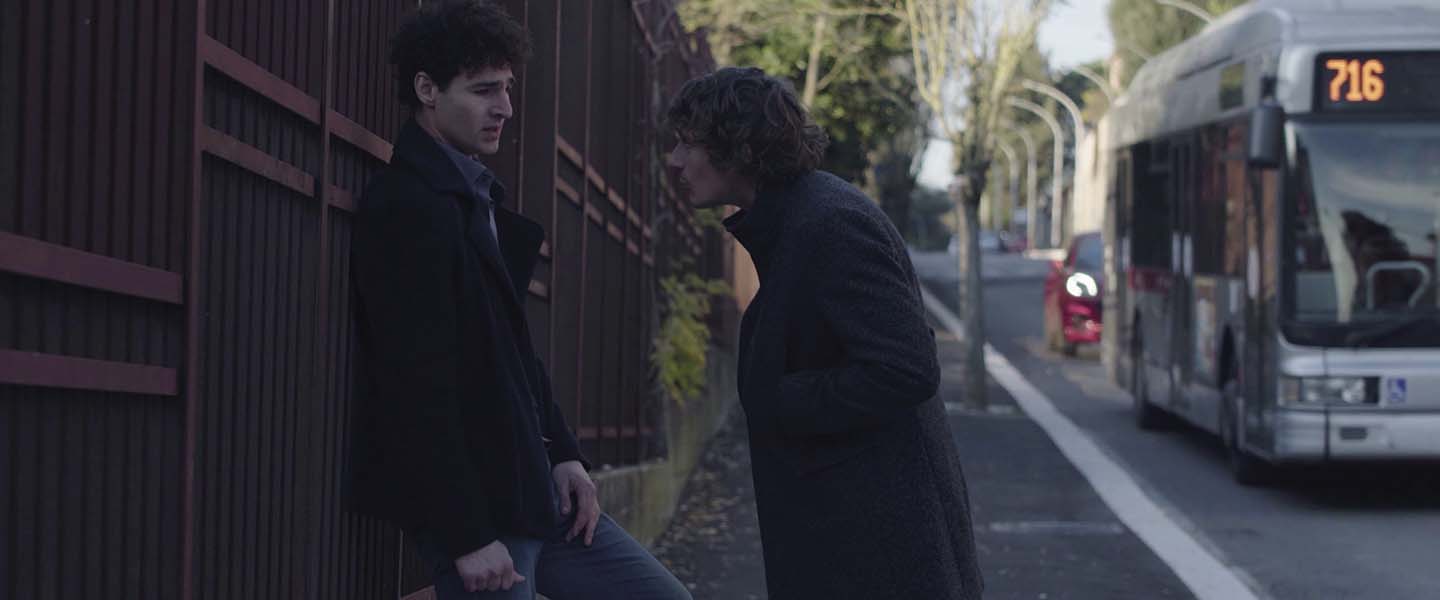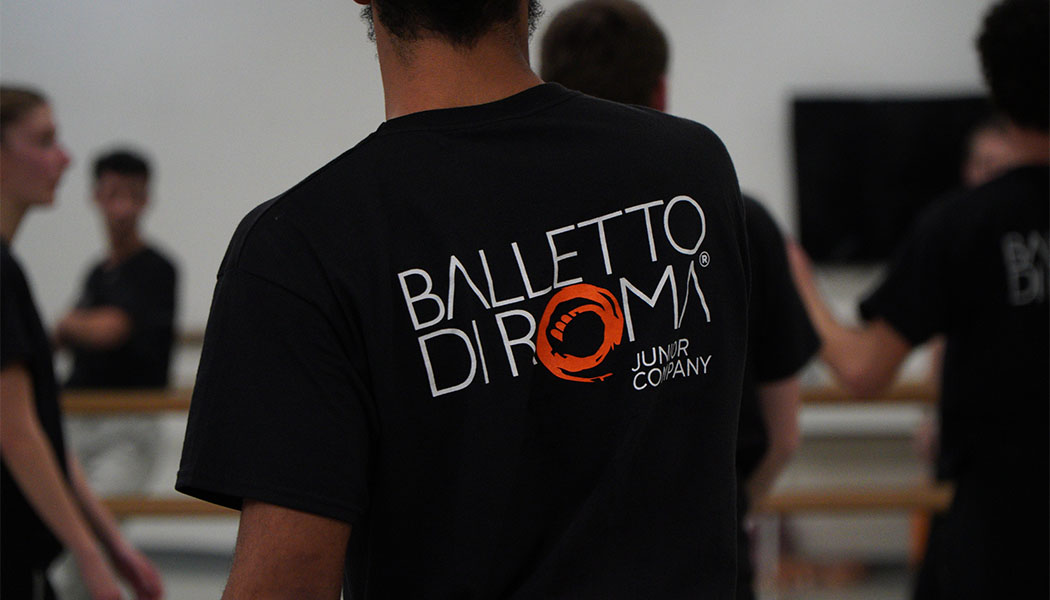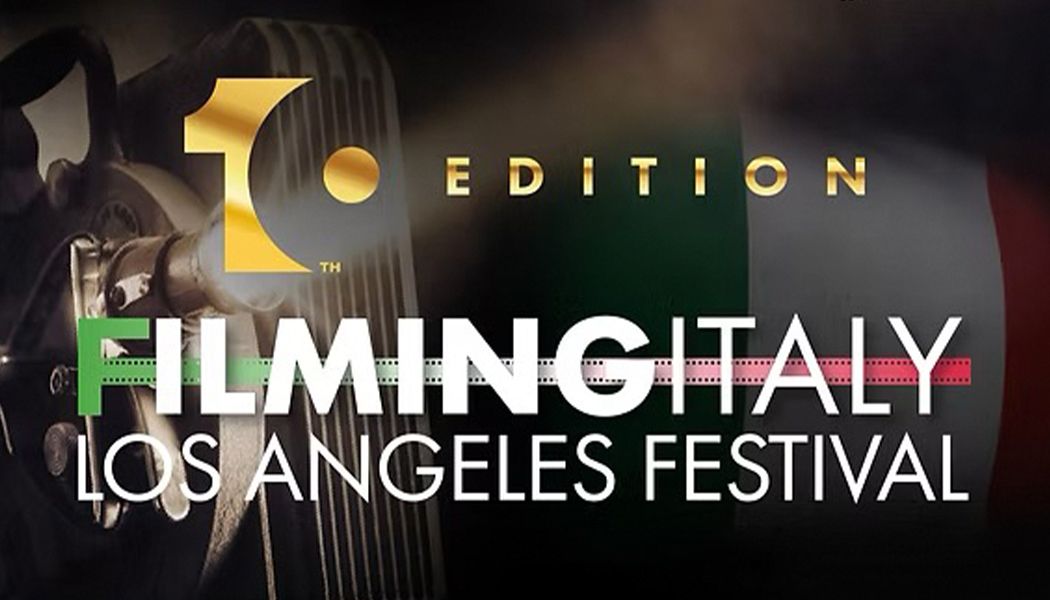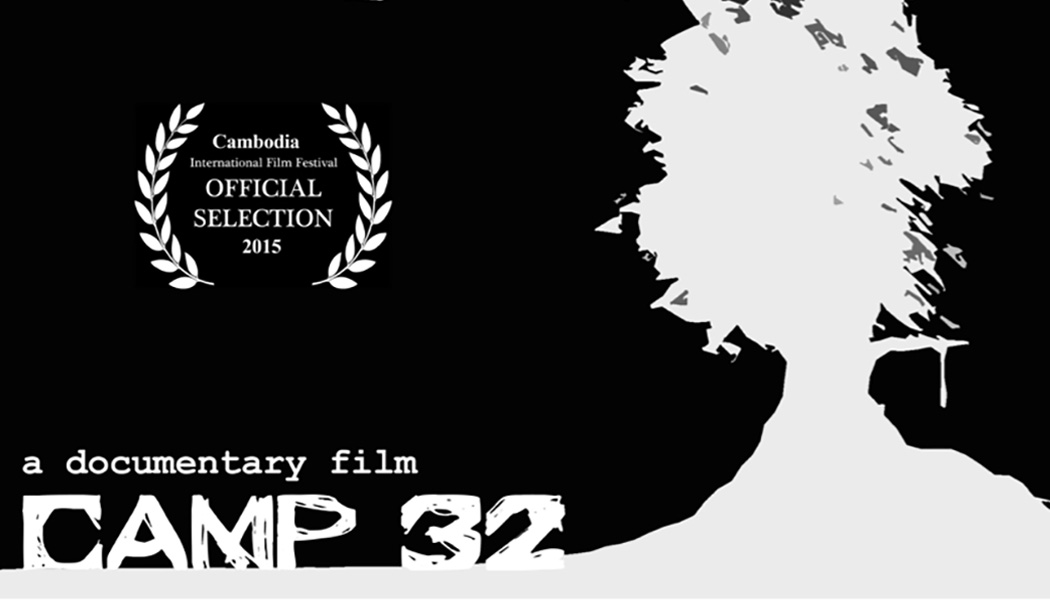TAUGHT IN ITALIAN AND ENGLISH ❯
An authorial point of view.
You will enrich your theoretical and practical training with the study of specific subjects such as film, screenwriting, photography, editing, sound, multimedia products, phenomenology of the image and sociology of art.
Qualification:
Second Level Academic Diploma, equivalent to a Master’s degree
Duration:
2 years, full time
Language:
Italian or English
Credits:
120 ECT
Location of attendance:
Rome
Requirements:
Italian students
Bachelor’s degree or equivalent certification
Portfolio
International students
Bachelor’s degree valid for the Italian Education System
Portfolio
Course language B2 certificate
Upon admission non-UE students have to fulfill the procedure to obtain a Student VISA
Field:
Film, television, art, communication, advertising and multimedia products
Main subjects:
Cinema, Screenplay, Photography, Editing, Sound, Digital animation, 3D
Future careers:
Director, Screenwriter, Director of Photography, Editor, Production Manager, Assistant Director, Production Designer, Costume Designer.
Film made of content and experimentation.
Film is a world made up of many different forms of expression, each one born out of the necessity to communicate a vision. By using experimentation and research one can give life to new stories. In order to tell them RUFA has created the two-year Master of Arts in Film Arts, conceived to combine in a single programme the talent and storytelling capacity, writing and vision of students who have completed a BA in Arts or Design.
The filmmakers of the future who are looking for a theoretical-practical specialization that is necessary to transform their passion for audiovisuals into an authentic and concrete profession, can find what they look for in the Film Arts Course at RUFA.
Film Arts high value training.
The two-year Master of Arts in Film Arts at RUFA is part of the Department of Projects and Applied Arts, the section of RUFA academic studies that provides a high-level of specialization and technical preparation, setting high academic and design standards year after year.
The academic training includes the study of specific subjects including film, scenography, photography, editing, sound, multimedia production, digital animation, 3D, phenomenology of the image, and sociology of contemporary art, to enrich the practical and hands-on training when creating content.
Study Film Arts to become a talented director.
The course trains young filmmakers with a solid historic-cultural background to be able to use all forms of expression and techniques currently used in contemporary filmmaking; to narrate their stories, their vision, and their cultural sensitivity to the world through film.
Taking technical knowledge to the next level, the course trains students to apply design principles, teaching them to use a formal and structured approach when using their creativity, so that they are able to transform and unite their own creative vision with universally recognized methods and techniques of filmmaking and Film Arts. Graduates will be ready for the job market as they will be fully trained professionals, full of talent, culture and craft. Young filmmakers attending the two-year Master of Arts in Film Arts at RUFA can professionally express themselves as the new, future directors of Italian cinema.
A complete education, to dominate cinematography.
The two-year Master of Arts in Film Arts is equally divided between theoretical teaching and hands-on workshops, between artistic vision and technical guidance, between knowledge of film history and experimentation and technological research.
Once young RUFA filmmakers enter the job market, the technological expertise that they have acquired make them capable of producing audiovisual projects in every sector of the communication and entertainment industry including advertising, video art, documentary, web and television.
To reinforce the education received, students have access to numerous opportunities including workshops, seminars, work study collaboration, participation in experimental projects and internships with film production studios. By graduating in Film Arts you will be able to become: Film directors, Film maker, Screenwriters, Directors of photography, Editors, Cameraman, Production directors.
The Academic Master of Arts is equivalent to a University Master’s Degree.
*The course is available only in English. All lessons include mandatory attendance at RUFA’s locations in Rome.
Coordinator: Livia Barbieri
Tutors: Francesco Pennica
Lecturers: Sergio Basso, Marianna Cappi, Lorenzo D’Amico, Donatello Fumarola, Federico Landini, Mario Marrone, Francesca Massaro, Fabio Mollo, Francesco Pennìca, Stefano Viali, Alberto Mascia, Barbara Pasquale.
Brochure DownloadPROGRAMME REGULATIONS
LOOK AT FILM ARTS STUDENTS’ PROJECTS
ASK MORE INFO ABOUT THE COURSE
MA IN FILM ARTS
Suggested study plan – Mandatory attendance at RUFA locations in Rome.
| YEAR | SUBJECT | ECTS | HOURS |
|---|---|---|---|
| I YEAR |
Film-making 1
Students, organized in different roles, will create a short film to better understand the nature and challenges of this type of work in action. We will start from an idea and then discuss the reasons that led them to follow a particular story. We will then draft a script to produce a short film of maximum 5', retracing the entire creative process up to post-production.
| 10 | 125 |
|
Creative writing - Film script-writing
Through the study of specific examples and practical exercises students will acquire the tools to write texts for cinema and narrative techniques. They will develop their personal film point of view by studying different genres and draft a script for a feature film.
| 6 | 45 | |
|
Organization - & direction of actors 1
The study of filmmaking techniques: the use of the camera to describe a situation, the mood and feelings. The importance of finding a personal point of view that turns into something visible. Working with actors: the evolution of acting, from techniques borrowed from the theater to those specific to cinema.
| 6 | 45 | |
|
Editing techniques
Theoretical overview of the evolution of film as a form of expression that is closely connected with the development of editing. Study of the editor as a professional figure and his/her role within the cinema production chain. Learning how to use Avid Media Composer software to edit personal short films.
| 8 | 100 | |
|
Cinematography 1
Theoretical and practical knowledge of lighting technology and the use of the camera. Studying the principles governing the use of camera and lighting through practical exercises.
| 8 | 100 | |
|
History of cinema and video
Studying the history of cinema through an approach that allows to develop a critical and analytical outlook. Developing a film analysis method based on an in-depth and distant approach towards traditional categorizations.
| 6 | 45 | |
|
Sound design 1
Theoretical and historical introduction: from notions related to sound physics to the rise of computers accompanied by digital recording. Technical analysis of some innovative audiovisuals for the history of sound design. Approaching Avid Pro Tools software through practical exercises.
| 6 | 75 | |
| Language skills - Internships - Workshops | 4 | / | |
| Elective educational activities | 6 | / | |
| II YEAR |
Cinematography 2
In-depth study of film shooting and light set up and lighting of the rooms. Introduction to color grading and color correction. Practice.
| 6 | 75 |
|
Organization -and direction of actors 2
Acquiring the essential tools needed to direct the actors by breaking down the characters and scenes. Study of cast research methodologies and procedures, also through case histories. How to select actors for the students' short films.
| 6 | 45 | |
|
Creative writing - Serial and television scripts
Vision and critical study of different types of television series. Historical overview and examples that have marked the evolution of the genre. Approach to television writing through practical exercises: episode structure, the characterization of the characters, the dialogues.
| 6 | 45 | |
|
Audiovisual documentation techniques
Through theoretical studies and practical exercises, acquisition of the necessary dramaturgical tools to create one or more documentaries in which the collective memory, capable of stimulating the spectator who becomes a social actor, is manifested.
| 6 | 75 | |
|
Film-making 2
Laboratory that aims to trace and bring out the personal and specific film authorship of each student, his/her style, genre and recurring theme. Study of advanced techniques related to creative writing, scriptwriting, storybinding, study and simulation of shots, shooting, editing and review of individual projects.
| 10 | 125 | |
|
Performance practice and culture - Film production
Practical principles of production starting from some basic rules of the job: the different ways of producing a film according to the budget and the theme while always taking into account the international market. Analysis of the promotion and distribution sectors. Making a short film as a final project.
| 6 | 75 | |
|
Sound design 2
In-depth study of Avid Pro Tools software combined with a careful analysis of the role of the sound designer within cinema: from pre-production to the creation of a specific sound for a project. Study of the different recording techniques.
| 6 | 75 | |
| Language skills - Internships - Workshops | 4 | / | |
| Thesis | 10 | / | |
| Total Credits | 120 |
CREDITS
Foto slider: Alain Parroni, Nicola Dondio.
Partner
